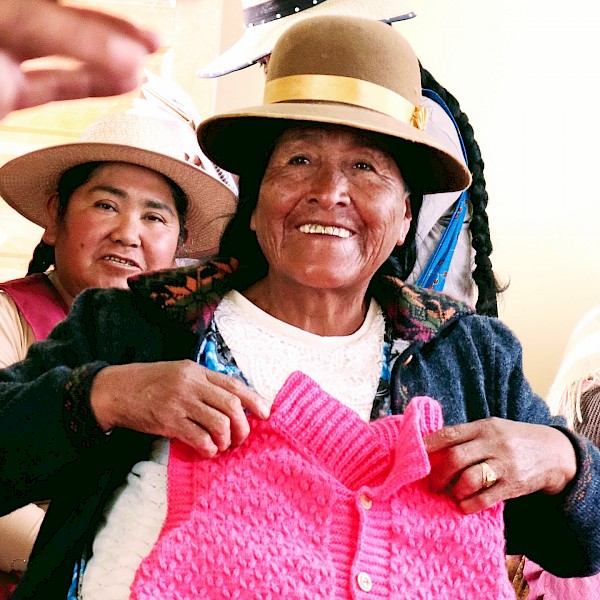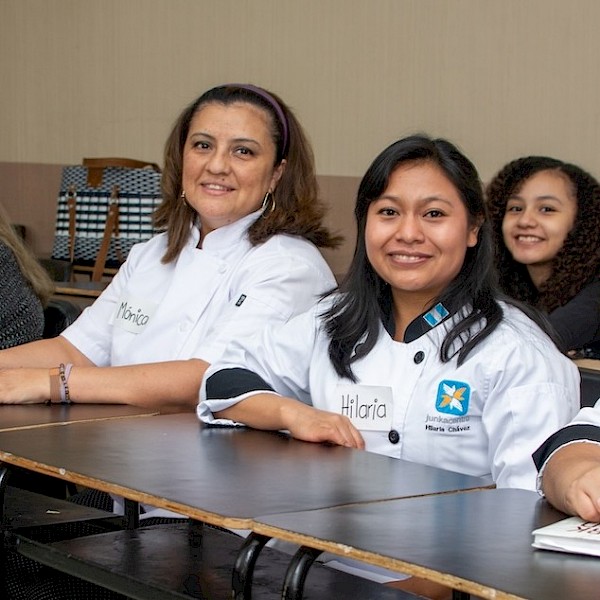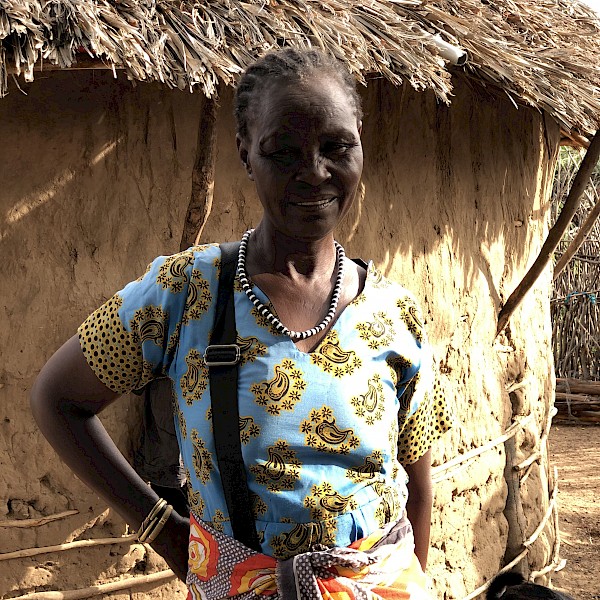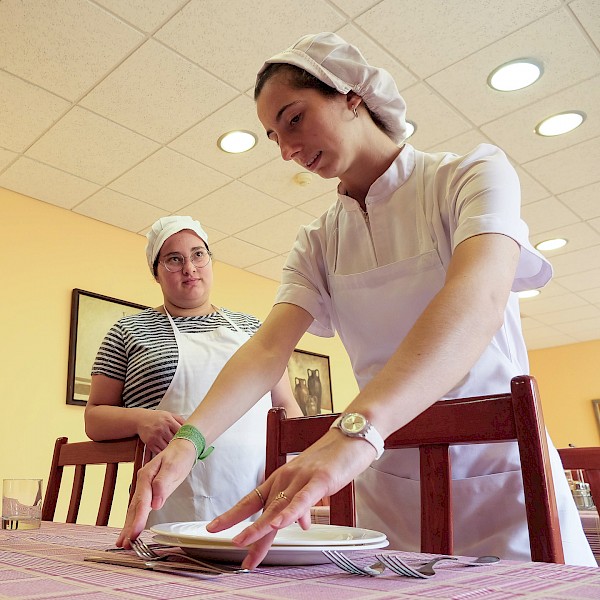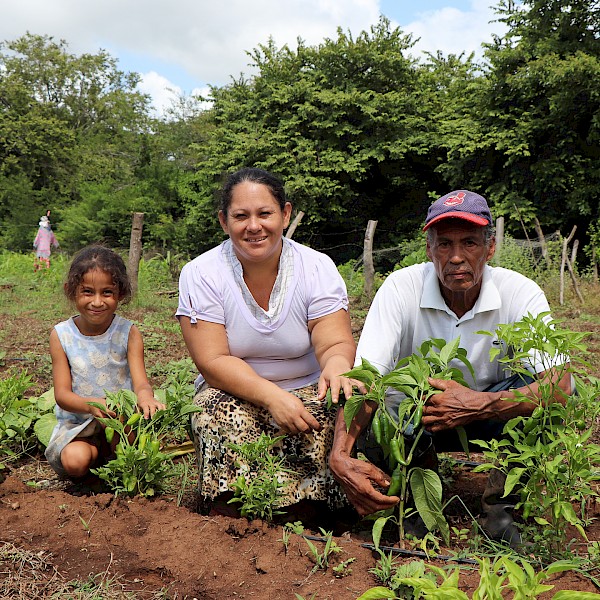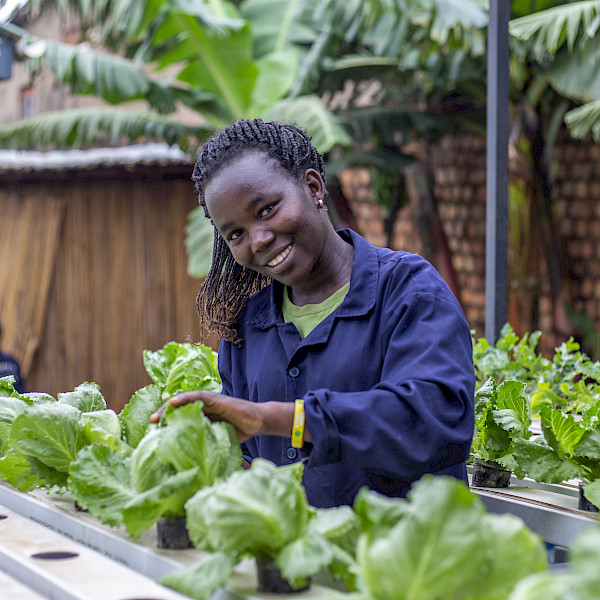Kenya
Micro and Small Enterprises Support Programme in Kenya

Duration
2013 – 2014

Budget
81 000 €

Beneficiaries
Youth
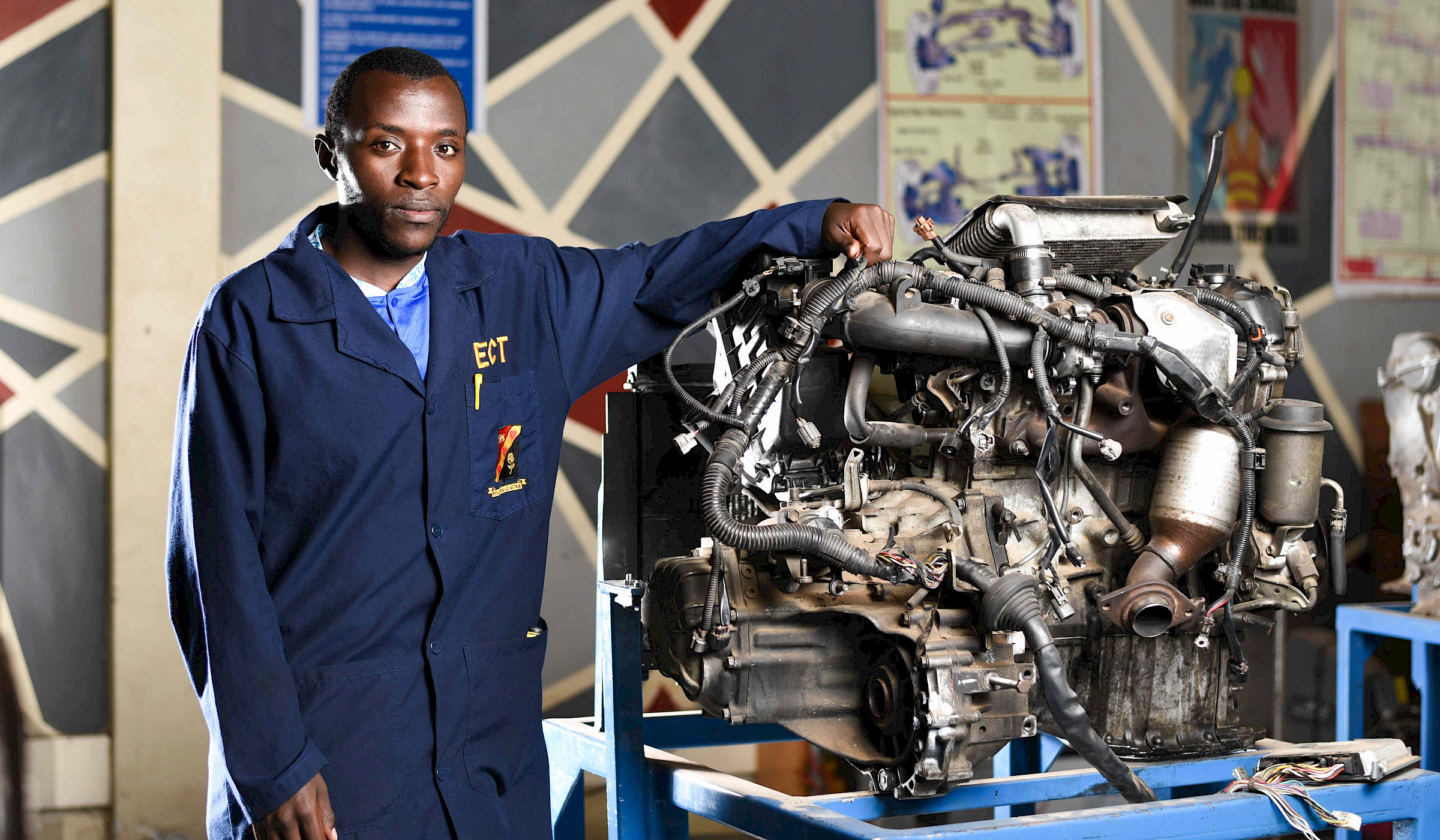


Supporting Entrepreneurship
The first project between Inter-Cultur and Strathmore Educational Trust (SET) aimed at the creation of employment among the young micro-entrepreneurs of the informal economy and the development of a training program for the unemployed underprivileged youth in technical and entrepreneurial skills in Nairobi. The program enhanced the participants' entrepreneurial skills and helped them to start and consolidate their businesses.
Through the implementation of technical and professional training, the project managed to increase the education level of Kenyan youth. Additionally, the design of pedagogical instruments in cooperation with the micro-enterprises (SMEs) and other actors of the formal and informal economies, such as “case study”, provided the SMEs with much-needed support. All this benefitted the poor, young, and adult workers, either already working or about to enter the labor market.
This project has been funded by the Ministry for Foreign Affairs of Finland.
Key Achievements and Outcomes:
- 140 micro-entrepreneurs trained on cash flow analyses and insurance.
- Provided 100 youth training on life skills and job interviews through workshops.
Photo gallery
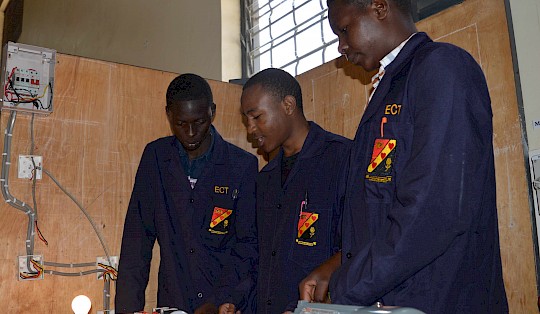
Countries
Bolivia
Home to the Andes mountains, Bolivia faces challenges such as poverty and environmental concerns, particularly among its indigenous populations. Our partnership with AYNI focuses on vocational training, literacy, and sustainable agriculture, aiming to empower marginalized communities and women.
Guatemala
In Guatemala, a country known for its rich indigenous heritage, we address the needs of women in disadvantaged situations through Fundación Junkabal. Our initiatives in vocational training and micro-entrepreneurship are designed to uplift women and advocate for human rights.
Kenya
Kenya's diverse landscape is the backdrop for our efforts to tackle poverty and unemployment in the country. Examples of our work include offering vocational education in Nairobi's slums through SET and Eastlands College of Technology, and improving the agricultural activities of rural women in Turkana County, both aiming to improve life quality and employment prospects with an integral formation model.
Lebanon
Lebanon, with its millennia-old heritage, navigates through profound economic crises and a significant refugee presence. In response, our partnership with PRODES and IMS is dedicated to empowering women through vocational training in hospitality, tourism, and gastronomy, equipping young women from rural areas for better prospects.
Nicaragua
Nicaragua, with its dramatic volcanic landscape, faces social unrest and economic difficulties. Our work with ANDECU supports women by investing in vocational training centers and micro-business resources, empowering them to improve their income levels and overcome challenges in their families and communities.
Uganda
Uganda, known for its diverse landscapes and rich cultural heritage, faces socio-economic disparities and gender inequality impacting vocational education access. Partnering with COWA, we provide women and youth with vocational training and technological empowerment to boost employment opportunities and economic independence, promoting gender equality and sustainable development.
